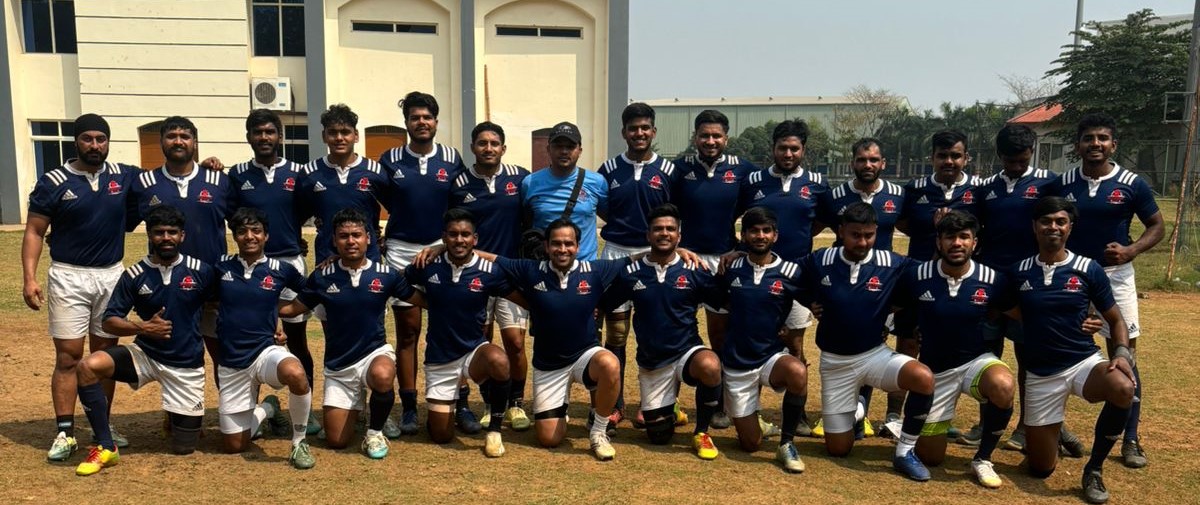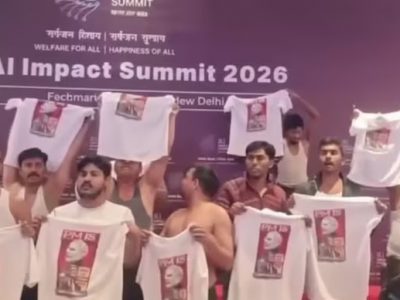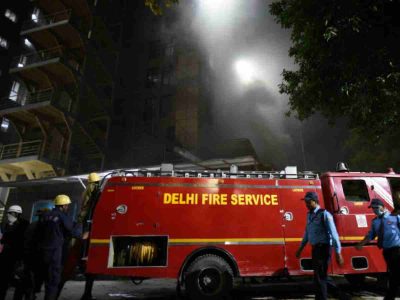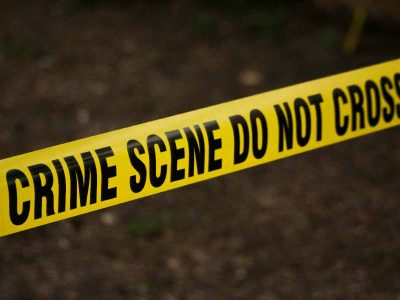Rugby in Delhi has come a long way in the last decade with several men and women players representing the country and the state’s teams that have returned with laurels from national events.
The sport, which can be traced back to 1892 in the Capital, was played in elite circles, among the British and the Indian royalty. However, since the turn of this century, there has been a sort of revolution as it has percolated down to the common people.
“The grassroots revolution in Delhi’s sporting landscape is breaking stereotypes, offering an inclusive platform where rugby is becoming a beacon of change. The sport is no longer confined to the privileged circles but is weaving its way into the fabric of the city’s diverse communities,” says Neha Pardeshi, General Secretary of the Rugby Association of Delhi.
 “As youngsters in Delhi are developing a liking for rugby, local clubs and initiatives are sprouting to nurture the burgeoning interest. The inclusivity of the sport is fostering camaraderie and teamwork, values that extend beyond the playing field and into the broader community.”
“As youngsters in Delhi are developing a liking for rugby, local clubs and initiatives are sprouting to nurture the burgeoning interest. The inclusivity of the sport is fostering camaraderie and teamwork, values that extend beyond the playing field and into the broader community.”
The establishment of the Rugby Association of Delhi (RAD) in November, 2019, under the aegis of the national body, Indian Rugby Football Union (IRFU) has brought a structure to the sport.
“Delhi has developed one of the most thriving and competitive rugby club cultures in India in recent years, thanks to the establishment of RAD,” says Akshay Basrur, marketing and communications manager of IRFU.
“This has resulted in incredible performances of Delhi clubs and state teams at the national competitions with a number of men and women players going on to represent India at the highest level,” he adds.
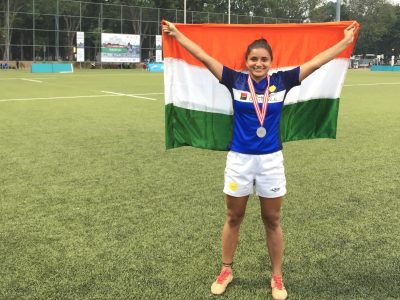
Initially, development in the state was driven through four established clubs, namely Delhi Hurricanes, Delhi Rebels, Delhi Lions, and Delhi Wolves.
Since the establishment of the state body, which is following compliances laid out by the IRFU, who are aligned with the directives as set out in the National Sports Code, the sport is spreading through the district level bodies.
Currently, the development is driven by the six district associations that have been created by the state association. These local bodies have taken up the task of developing the sport in their respective schools, communities, clubs, and colleges.
“Today, a total of nine districts participate actively in state-level championships, across the U-14, junior, and senior age categories. Rugby is also a part of the Directorate of Education (Sports), Government of National Capital Territory of Delhi, and is currently played across 25 schools in five zones of the state education department. School teams from the state also feature in the National School Games’ rugby competitions in U-14, U-17, and U-19 levels in both boys’ and girls’ categories,” adds Basrur.

The sport was recently included in the Delhi Olympic Games 2024, which were held in the first week of February. The event played host to a total of 400 players who participated in the sub-junior and the senior age categories for both boys and girls.
Basrur credits Delhi rugby’s success to the club culture in Delhi.
“However, despite the thriving club culture, access to infrastructure and interest of sponsors remains a challenge. If addressed, this could really benefit the overall eco-system of the sport in Delhi,” he said before emphasising on the need to reach out to schools and local communities.
“We need to increase the outreach to more schools and local communities which will eventually lead to increased participation in the sport at all levels.”
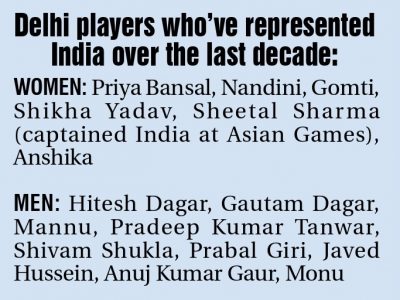
Many players from Delhi have secured jobs in Central government organisations under the sports quota, he says. The state government has also announced cash prizes for the winners.
Women in rugby
One of the most notable aspects of transformation has been the increased participation of women in Delhi’s rugby scene.
“As women step onto the rugby field, they not only contribute to the physical intensity and skill of the game but also become powerful symbols of resilience, strength, and equality. Their presence underscores the transformative potential of sports, transcending gender stereotypes and providing a platform for empowerment,” says Arun Tangi, coach of the Delhi Hurricanes club.
Delhi Hurricanes were the first to form a women’s team in 2011, with the story going back to an incident when Riya Bisht (now India rugby player and daughter of Kuldeep Singh Bisht, Head Coach of Hurricanes) going to her father with 4-5 friends and asking him to train them.
According to Riya, “We started playing for fun but our interest grew with time. Initially, there were just 4-5 of us but with time, the pool increased.”
Bisht, the Hurricanes coach, admits he was initially sceptical about girls taking up the sport.
“Coaching girls was challenging for me, but I got convinced after seeing their dedication. They were extremely serious, a lot more than many guys here.”
Now he takes immense pride in their achievements.
“When girls start doing well in sports, you feel immensely satisfied. We went to recruit players from government schools and saw that even there, girls showed more discipline and commitment than boys.”
Basrur adds, “Women’s rugby has witnessed exceptional growth in Delhi and the number of women players from Delhi who have gone on to represent India is testament to that fact. Senior players such as Priya Bansal, Sheetal Sharma, Gomti, and Shikha Yadav are now role models for the younger generation of rugby players, not only in Delhi but across the country.”
Priya, 29, a native of Delhi is a national player and Asian-level rugby referee. She also captains Delhi Hurricanes women’s team and is a physical education teacher at a government School.
She has represented India at Asian Games 2023, Asian Sevens Trophy, 2019, Asian Rugby Women Championship 2019, Asian Pre-Olympic 2016 besides other national and international championships.
 Priya got hooked to the sport through a workshop organised by Delhi Hurricanes in 2011, and went on to join the club. In 2013, she got selected for the national rugby camp and has never looked back since.
Priya got hooked to the sport through a workshop organised by Delhi Hurricanes in 2011, and went on to join the club. In 2013, she got selected for the national rugby camp and has never looked back since.
“Rugby is very helpful for women as it keeps one mentally fit. It is a team game and in a team game you learn a lot from others. When we started playing, we did it just for passion. However, in the current scenario, development is happening on small as well as big levels. Earlier, we used to wait for one match in a year but at present the School Games Federation of India, IRFU, Universities and Khelo India have provided opportunities,” says Priya.

“Rugby is a recognised sport now; scholarships and Central government-level jobs are also available for women and male players, so I think these initiatives ease the path for women to take up sport.”

